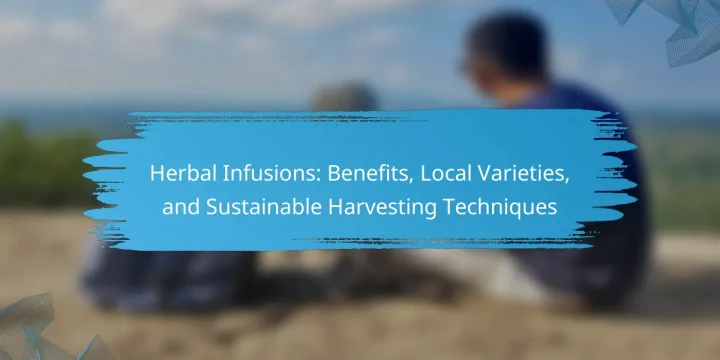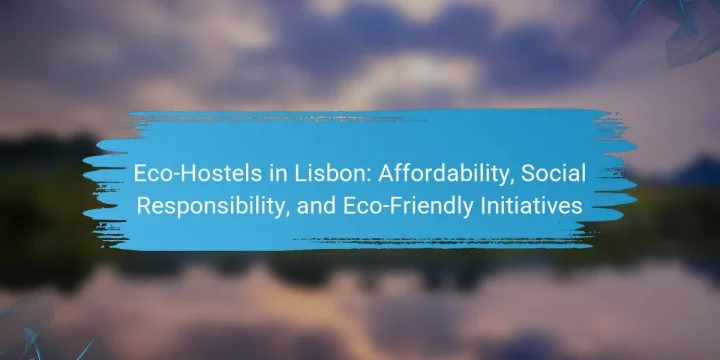
Eco-conscious accommodations in Tuscany provide travelers with sustainable options that enhance local experiences and promote health. These lodgings emphasize renewable energy, local sourcing, and waste reduction. Guests benefit from authentic cultural interactions and improved air quality. Diverse accommodations, from agriturismos to eco-hotels, showcase unique practices and face challenges in sustainability efforts. What are the benefits of choosing eco-conscious accommodations in Tuscany? Choosing eco-conscious accommodations in Tuscany offers numerous benefits, including environmental sustainability, enhanced local experiences, and health advantages. These accommodations often utilize renewable energy sources, reduce waste, and promote biodiversity. Guests enjoy authentic interactions with local culture and cuisine, which supports the regional economy. Additionally, eco-friendly practices lead to improved air quality and reduced carbon footprints, contributing to overall well-being. By opting for these stays, travelers actively participate in preserving…








